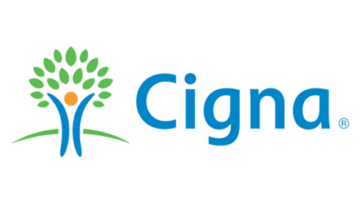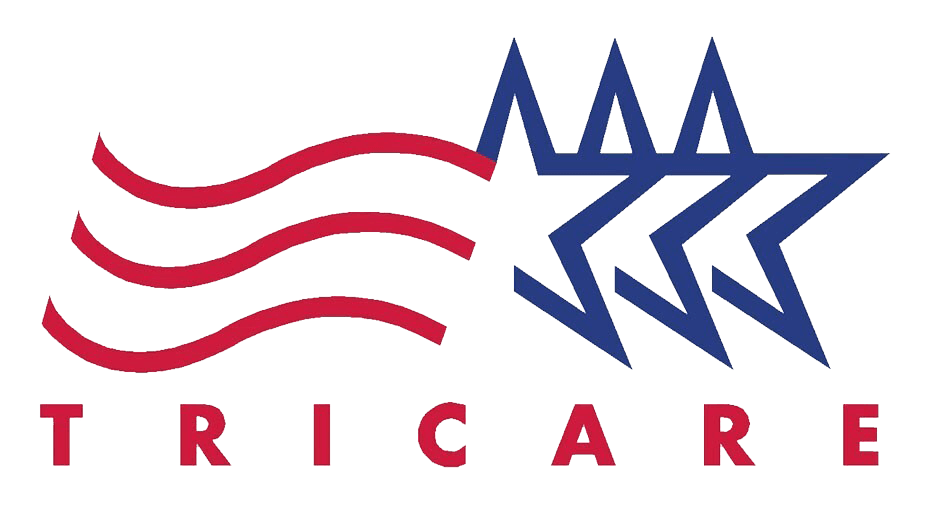In the modern digital age we’ve seen an epidemic spike in mental health disorders–especially amongst young adults. Record rates of depression, anxiety, suicide, personality disorders, overdoses, increased ADHD and overall malaise. Since COVID unfortunately, depression rates have tripled, anxiety rates have hit record levels and suicides have dramatically increased. According to depression researcher Dr. Steven Ilardi, “Americans are 10 times more likely to have depressive illness than they were 60 years ago…and a recent study found the rate of depression has more than doubled in just the past decade”.
The majority of people who experience a traumatic incident will experience shock, indignation, nervousness, anxiety, and even guilt. These are normal reactions, and for the most part, they fade away with time. However, for a person with PTSD, these feelings persist, becoming so intense that they prevent them from going about their lives as they should. When this happens, professionals recommend seeking treatment or PTSD treatment for those in Texas.
What Post Traumatic Stress Disorder (PTSD) Is And What To Look For
Post Traumatic Stress Disorder, or PTSD, is a disorder in which a person has difficulty recovering after experiencing or witnessing a terrifying event. The condition may last months or years, with triggers that can bring back memories of the trauma accompanied by intense emotional and physical reactions. Some of the biggest indicators, or signs, that you or a loved one are experiencing PTSD are:
- Unwanted and distressing recollections of the traumatic incident.
- Dreams or nightmares about the traumatic incident.
- Trying to avoid thinking or talking about the traumatic event.
- Avoiding places, activities or people that remind you of the traumatic event.
- Reliving the traumatic experience as if it were occurring for the first time (flashbacks).
Before choosing PTSD rehab for those in Texas, be sure to seek professional help in confirming a diagnosis. Post Traumatic Stress Disorder can vary in severity and the level of help required for a successful recovery.
Using Diverse Modalities Of Treatment For Post Traumatic Stress Disorder
For many it may seem, our modern age of chaos has vacuumed out a sense of deep meaning and purpose in people’s lives. At Omega Recovery for example, we find many of our clients undergoing an existential crisis of meaning and purpose and turning to toxic habits and behaviors to fill the emptiness. In these cases, existential exploration and finding a sense of life purpose is critical in the healing process. Thankfully, Dr. Kardaras has incorporated “Therapeutic Lifestyle Changes” into the clinical protocols of Omega Recovery in PTSD treatment for those in Texas. For clients, this means unplugging from electronic devices, developing a sense of healing community, physical exercise within a group/community setting, and immersing oneself in nature.
These actions combined with existential exploration and traditional psychotherapy and evidence based modalities like CBT and DBT can literally be life-saving. When all of the abovementioned elements are combined together in PTSD treatment, the results are often nothing less than human alchemy– a complete psychic transformation. Some of the diverse modalities of treatment used for PTSD treatment in Texas include:
Cognitive Behavioral Therapy:
Also known as CBT, this active therapeutic modality is present-oriented, problem-focused, and goal-directed. As an evidence-based treatment modality, CBT is a proven effective treatment for substance use disorders, behavioral addictions (gambling, food, internet, sex), eating disorders, and specific mental health diagnoses.
Dialectical Behavioral Therapy:
Also known as DBT, Also known as DBT, this evidence based form of treatment teaches clients how to regulate their emotions to reduce self-destructive behaviors. DBT is primarily a skill-building approach, that focuses on the development of four key skill sets:
- Distress Tolerance – being able to successfully and effectively work with short term or long term pain.
- Emotion Regulation – aims to identify behaviors and implement coping mechanisms to help modify them.
- Mindfulness – putting aside judgment and attention to understand how others may feel during a situation.
- Interpersonal Effectiveness – ability to balance the wants and needs of a relationship while respecting boundaries and priorities.
Peer Recovery Coaching:
Peer-based recovery support provides a range of person-centered and strength-based supports. These support long-term recovery management in PTSD treatment for those in Texas. A peer recovery coach brings the lived experience of recovery. This combines with training and supervision to assist others. They help in initiating and maintaining recovery. This helps enhance the quality of personal and family life. It supports long-term recovery.
Nature Immersion:
Immersion in Nature uses a different approach to therapy. It removes the clinical setting and focuses on experiencing change in a more natural setting. Nature Immersion Therapy can be even more powerful and transformative. This occurs when the individual struggling with substance abuse begins to understand something deeper. They understand the deeper significance of certain experiences.
Outdoor Behavioral Health:
The prescriptive use of wilderness experiences by licensed mental health professionals meets the therapeutic needs of clients. This includes back-country travel and wilderness living experiences. These experiences last long enough to allow for clinical assessment, establishment of treatment goals, and a reasonable course of treatment. This does not exceed the productive impact of the experience. This can include continuous group-living and regular formal group therapy sessions. These foster teamwork and social interactions. This results in an intentional therapeutic community. It provides support and accountability.
Narrative Therapy:
Or for one example, the “Hero’s Journey” was created as a dominant story structure that pervades the world’s cultures, myths, and legends. As the hero embarks on a journey and departs, they are transformed by great trials and tribulations. And in the end the hero returns having been transformed by their experiences. This outline has been successfully used in movies, books, and screenplays alike and is now more widely used as a form of treatment for substance abuse and mental health disorders such as PTSD.
Mindfulness:
a technique where a person actively pays attention to the present moment. During this process, a person takes note of what they are feeling and thinking, without judgment or any kind of criticism. It’s a simple inventory of what a person is experiencing with a completely neutral stance.
Yoga & Somatic Techniques:
Yoga is a somatic practice, but often it is offered and practiced in a way that doesn’t lead to embodiment. Rather than feeling and experiencing ourselves, someone is telling us how to move and then we “do” the movement without actually feeling it. Somatic yoga helps by retraining the brain and the nervous system to let go of these patterns through small and gentle movements. This style of yoga is completely accessible to all ages and ability levels and the benefits of the practice can be experienced after just one session.
Omega Recovery Provides The Best PTSD Treatment For Those In Texas
There is some debate as to why the sudden rise in mental health disorders occurs. There is also debate about the need for treatment centers focused on PTSD. In fact here at Omega Recovery, Dr. Kardaras and Dr. Ilardi think they’ve found the answer. Increased rates of depression and other mental health woes like anxiety and addiction are a byproduct. They result from our modernized, industrialized, and urbanized lives. The love affair with social media, gadgets, and the comforts of being in a highly technological society have potentially evolved many. Many of us have become more sedentary. This leaves many of us feeling isolated. We’re put on a never-ending treadmill of overworking, under-sleeping, and hyper-stressing. PTSD treatment for those in Texas can be an incredible journey. This occurs when you receive treatment at Omega Recovery. We work with our clients every step of the way.







